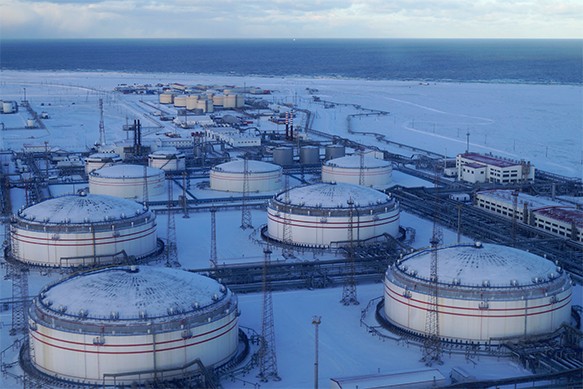Sanctions on Iran Russian instability and European Energy Security
Post on: 31 Май, 2015 No Comment

January 23, 2012 1 Comment
How will the West continue to impose crippling sanctions over Iran, all the while avoiding to put the worlds energy security at risk? As concerns over Iran escalate, ArcticEconomics is going to be looking into some of the potential energy implications.
The European Union, Russia, and the West are all part of a delicate tightrope exercise. The West is attempting to impose crippling sanctions over Iran while Europe looks to preserve any energy security possible given the instability of their main Russian source of energy imports.
Europe and its Energy Strategy
It is worth painting a picture of Europes complex system of energy reliance with the following statistics. In 2007 38.7% of the European Unions natural gas originated from Russia. In 2007, 6 European countries received over 90% of their gas supplies from Russia. (See Russian natural gas deliveries by country ) Russia simply seems to have credibility issues with the rest of the world, in that as per general consensus, her exports are unstable among other things.
Europe has been focusing, as of late, on securing long-term supplies of natural gas from non-Russian sources. This is due, in part, to the unstable power-grip that Russia seems to hold over its energy exports. In september of 2011, for example, the European Union went so far as to mandate that a negotiation occur between the EU, Azerbaijan, and Turkmenistan in order to construct a Trans Caspian Pipeline system. (From the European Commission ) Avoiding Russia, the pipeline would work to provide stability to a Union in looming crisis.
The Nabucco Pipeline
As an alternative to Russian imports, the European Union has also been focusing on the Azerbaijani Shah Deniz. Situated amongst the deep water shelf of the Caspian Sea, the Shah Deniz is one of the worlds largest gas-condensate fields with over 1 trillion cu metres of gas. The European Union, along with proposed pipeline planner Nabucco, have been working to secure gas transport infrastructure that would connect Azerbaijan to Europe. (the current Shah Deniz pipeline goes only as far as Turkey) If Europe is going to have gas security, it is going to have to diversify. Without running through Russian or Iranian territory, a proposed pipeline such as Nabuccos would be one of few possible options. (Visit Nabuccos website here for more information)
Iranian Involvement with Shah Deniz
The intent of the above mentioned energy solution proposals are both modest and straight-forward in nature. Current sanctions on Iran, however, may impede on any projects that are associated with Shah Deniz, as the National Iranian Oil Company owns a minority 10% stake in the project. Due to the nature of sanctioning the UK and the EU have been lobbying tirelessly in an effort to prevent roadblocks such as these. EPCEngineer.com reports the following;

The project might have been hit by a bill by representative Ileana Ros-Lehtinen banning any company in business with Iran to also operate in the U.S. But lobbying by BP, the EU and the U.K. led lawmakers to tweak the bill. The current version includes language that says it wont affect efforts to bring gas from Azerbaijan to Europe and Turkey, or to achieve energy security and independence from Russia.
(Read the entire article here )
So long as new bills are caught on time, the United States should remain sympathetic toward any region that wishes to both aid in sanctioning efforts and preserve its energy security in the face of an unstable Russian exporter. This fact does not mean there will be no comparable problems within the foreseeable future. Issues with Iran may still escalate and take much more of a toll on world energy security. This is just one example of many issues.
A potentially bright future for Europe amid present concerns
One cannot necessarily say that Europe will be forever reliant on Russian exports or controversial source exports such as Iran. Europe is in fact situated amongst prime oil & gas transport real estate. Greenland, Iceland, and the Faroe Islands have all recently opened up licenses for exploration. These are as recent as 2008-10. The same goes for the Shetlands of the UK. There could be many new potential record breakers to the tune of Russias Shtokman field amid any one of those. Norway made, just this past year, 2 new game changing discoveries in the Barents Sea. Russia is going to be exploring within its section of the Barents Sea as well. These regions have one thing in common. They are all in the line of sight of Europe.
Of course pipelines wont cut it if we are going to be referring to any new fields off of Greenland, Iceland, and the Faroe Islands. These supplies will all have to be shipped via LNG and oil tanker. It is possible, though, that these to-be-discovered fields will be able to satisfy demand requirements to the same degree as Norway, who in 2010 had the capacity to export 30, 26.5, 12, and 10 billion m^3 of natural gas to the United Kingdom, Germany, France, and the Netherlands respectively. As always, the answers will be revealed with time.














